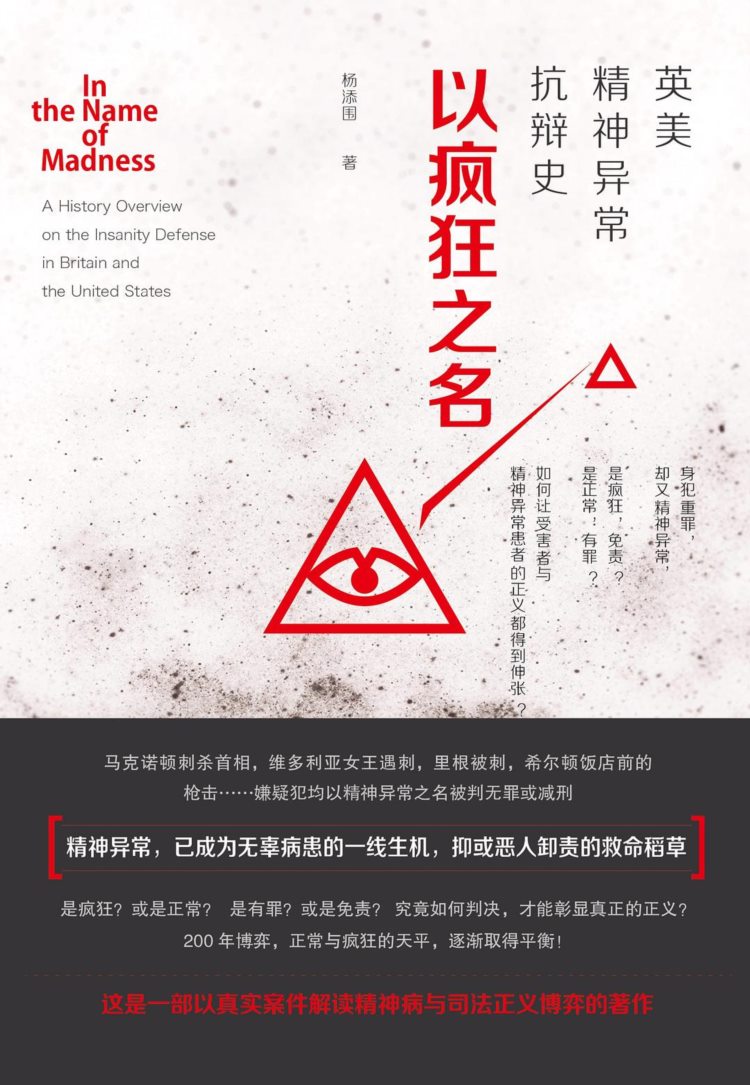
TheyThoughtTheyWereFree
[ 社会学 ]
作者:MiltonMayer
1
0
推荐者:百科书库 2023-04-10 14:08:02
本书简介
- 作者:MiltonMayer
- 出版社:UniversityOfChicagoPress
- 副标题:TheGermans,1933–45
- 出版年:2017-11-6
- 页数:384
- 定价:USD20.00
- 装帧:Paperback
- ISBN:9780226525839
“When this book was first published, it received attention from critics but not from the public. Nazism met its end in the bunker in Berlin, and a death sentence was signed on the bench at Nuremberg.” Milton Mayer wrote this in the foreword of the 1966 edition of They Thought They Were Free. Though the book was a finalist for the National Book Award in 1956, it took longer for general readers to notice it. However, over the years, anytime people feel that their freedom is threatened, interest in the book spreads through word-of-mouth. This past year has seen a surge of interest in the book from people across the political spectrum.
They Thought They Were Free is a thought-provoking exploration of the rise of fascism in Germany. Mayer lived in Germany after the war and interviewed ten Germans about their lives from 1933-45. These individuals were not men of distinction, but they were members of the Nazi Party. Mayer sought to understand the reasons behind their involvement in the party. The discussions about Nazism, the rise of the Reich, and complicity in mass evil form the backbone of this book, which indicts the ordinary German. The book’s power lies in its refusal to let us assume that our society, country, or moment is fundamentally immune from similar atrocities.
In the new foreword by historian Richard J. Evans, the book is placed in both historical and contemporary contexts. In an age of fervent politics and hyperbolic rhetoric, They Thought They Were Free reveals the quiet, incremental changes, complicity, and moral authority abdications that herald the rise of evil.
作者简介
MiltonSanfordMayer(1908-1986)wasajournalistandeducator.Hewastheauthorofaboutadozenbooks.HestudiedattheUniversityofChicagofrom1925to1928buthedidnotearnadegree;in1942hetoldtheSaturdayEveningPostthathewas"placedonpermanentprobationforthrowingbeerbottlesoutadormitorywindow."HewasareporterfortheAssociatedPress,theCh...
相关推荐
自卑与超越(经典全译本)
《自卑与超越(经典全译本)》是个体心理学先驱阿尔弗雷德·阿德勒的巅峰之作。该书以个体心理学观点为基础,从教育、家庭、婚姻、伦理、社交等多个领域出发,运用大量实例阐明了人生道路的方向和人生意义的真谛。通 (奥)阿尔弗雷德·阿德勒|译者 2023-04-10 15:31:37人性场所
《人性场所——城市开放空间设计导则》(第二版修订本)是一本关于城市景观规划设计的专著,对当前正在全国兴起的“城市修补”工作,具有不可或缺的价值。过去三十年,我们缺乏城市生活经验,也没有能够吸取国际特别 克莱尔·库珀·马库斯(GlareCooperMarcus)/卡罗琳·弗朗西斯(CarolynFran 2023-04-10 15:33:03人類大命運
《人類大命運》會震撼你!它會振奮你!更重要的是,它會讓你以未曾思慮過的觀點,深思細想。——康納曼(DanielKahneman),《快思慢想》作者在《人類大歷史》中,哈拉瑞以他的後見之明,深刻闡述了「 哈拉瑞(YuvalNoahHarari) 2023-04-10 15:36:03重访妮萨
肖斯塔克在1989年6月至7月间第三次踏访昆人社会,当时她的作品《妮萨》已经出版。在她逝世后,由亲友协助编辑整理出版了《重访妮萨》。这本书的写作风格更接近于个人回忆录,而非民族志。《重访妮萨》主要讲述 [美]玛乔丽·肖斯塔克(MarjorieShostak) 2023-04-10 15:37:16妮萨
1969年,玛乔丽带着她的丈夫前往非洲喀拉哈里沙漠研究昆人。这是一项跨学科的田野研究,持续了约20个月。在这段时间里,玛乔丽学习了昆人语言,融入了当地的文化。她与能说会道的昆人女性妮萨交谈,并获得她讲 [美]玛乔丽·肖斯塔克 2023-04-10 15:38:35© 2023-2025 百科书库. All Rights Reserved.












发表评价